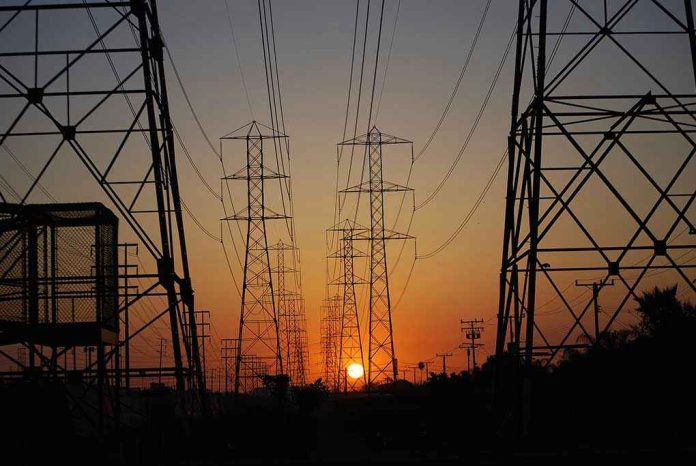
Imagine your electricity meter tattling on you like a nosy neighbor, sparking debates over privacy and law enforcement tactics in Sacramento.
At a Glance
- Police use high electricity consumption as a clue for cannabis cultivation.
- Smart meters and data analytics enhance detection precision.
- Legal challenges arise over privacy and probable cause.
- Implications affect growers, law enforcement, and privacy advocates.
The Roots of High Power Suspicion
Indoor cannabis cultivation, with its substantial electricity needs for lighting, ventilation, and climate control, has historically been linked to increased power consumption. This trend emerged in the late 20th century as growers sought to optimize yields while avoiding detection. Law enforcement agencies, particularly in areas where cannabis remains illegal or tightly regulated, have collaborated with utility companies to identify unusual consumption patterns that might indicate illegal activity.
These “high” readings often prompt suspicion and have led to warrants being issued based solely on electricity usage data. However, this approach has sparked legal debates about privacy and the adequacy of power consumption as sole evidence for probable cause.
Stakeholders in the Surveillance Drama
Police departments and narcotics units are the primary users of power consumption data, aiming to disrupt illegal cannabis production linked to organized crime. Utility companies monitor and sometimes report these anomalies to authorities, raising privacy concerns. Legal cannabis cultivators must comply with energy regulations, while illegal growers may seek off-grid solutions to avoid detection.
Regulators and civil liberties organizations are also key players, influencing policies on data use and sharing. Privacy advocates argue that relying on utility data could lead to unwarranted searches, infringing on civil rights.
Navigating the Current Landscape
Smart meters and real-time analytics have sharpened the ability to detect unusual power usage. However, law enforcement in some areas now requires additional evidence before taking action based on power data alone. Police have publicly stated that high power consumption is just one factor among many in their investigations. Privacy advocates continue to call for stricter oversight of data sharing between utilities and law enforcement.
The practice of using power data alone is under increasing scrutiny, with some courts ruling it insufficient for probable cause. Meanwhile, debates about balancing public safety and civil liberties continue to unfold.
Impact and Industry Perspectives
In the short term, using power data can help detect illegal grows but can also lead to false positives and potential civil rights violations. Long-term, it may push illegal growers to adopt more sophisticated concealment methods. Residents in heavily surveilled areas may feel unfairly targeted, while legal cultivators face stricter energy regulations to distinguish themselves from illicit operators.
Energy consultants and cannabis industry experts recommend efficient lighting and climate control systems to reduce detection risk and costs. Scholars debate the constitutionality of using utility data as evidence, considering it may constitute an unreasonable search without a warrant.





